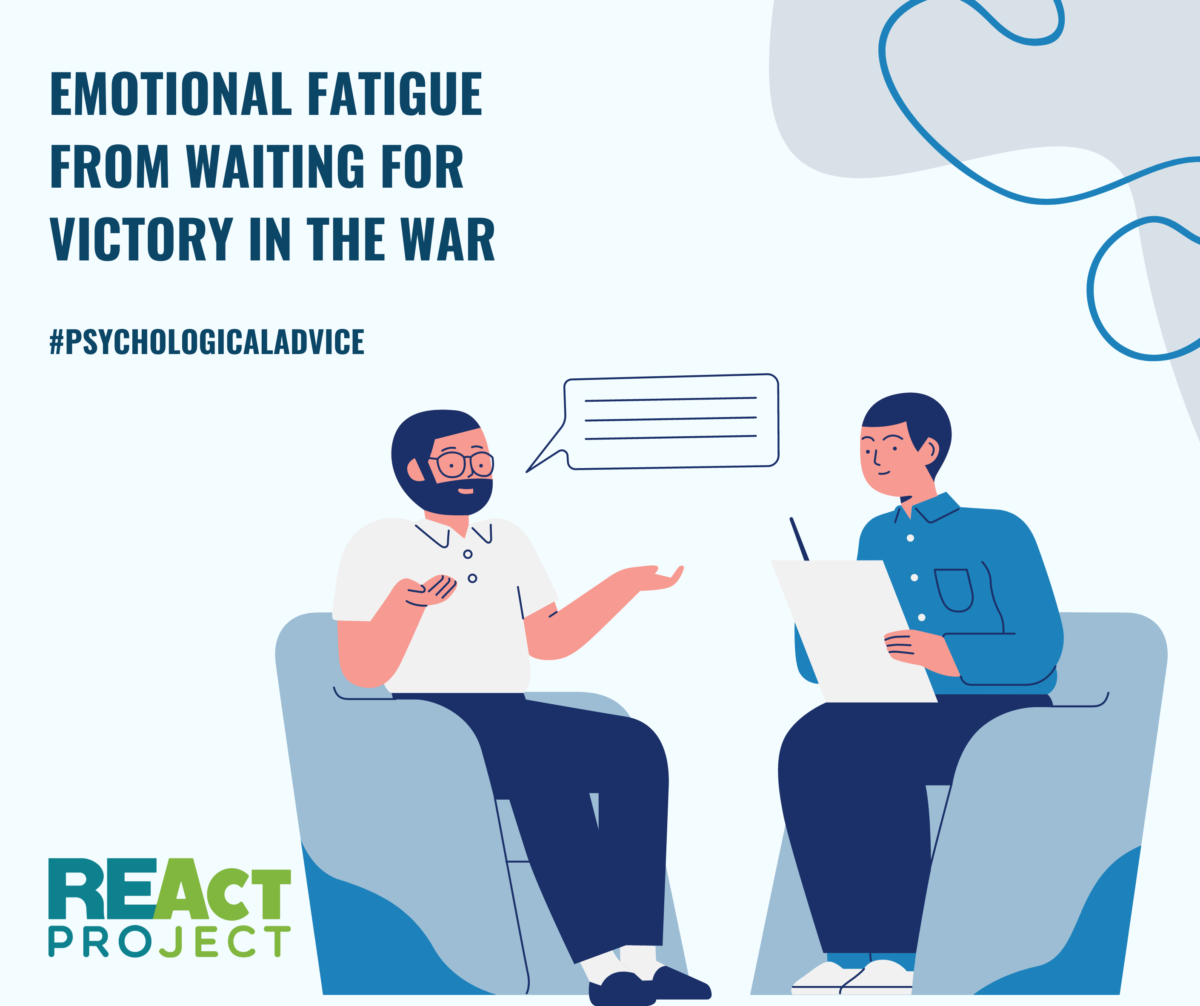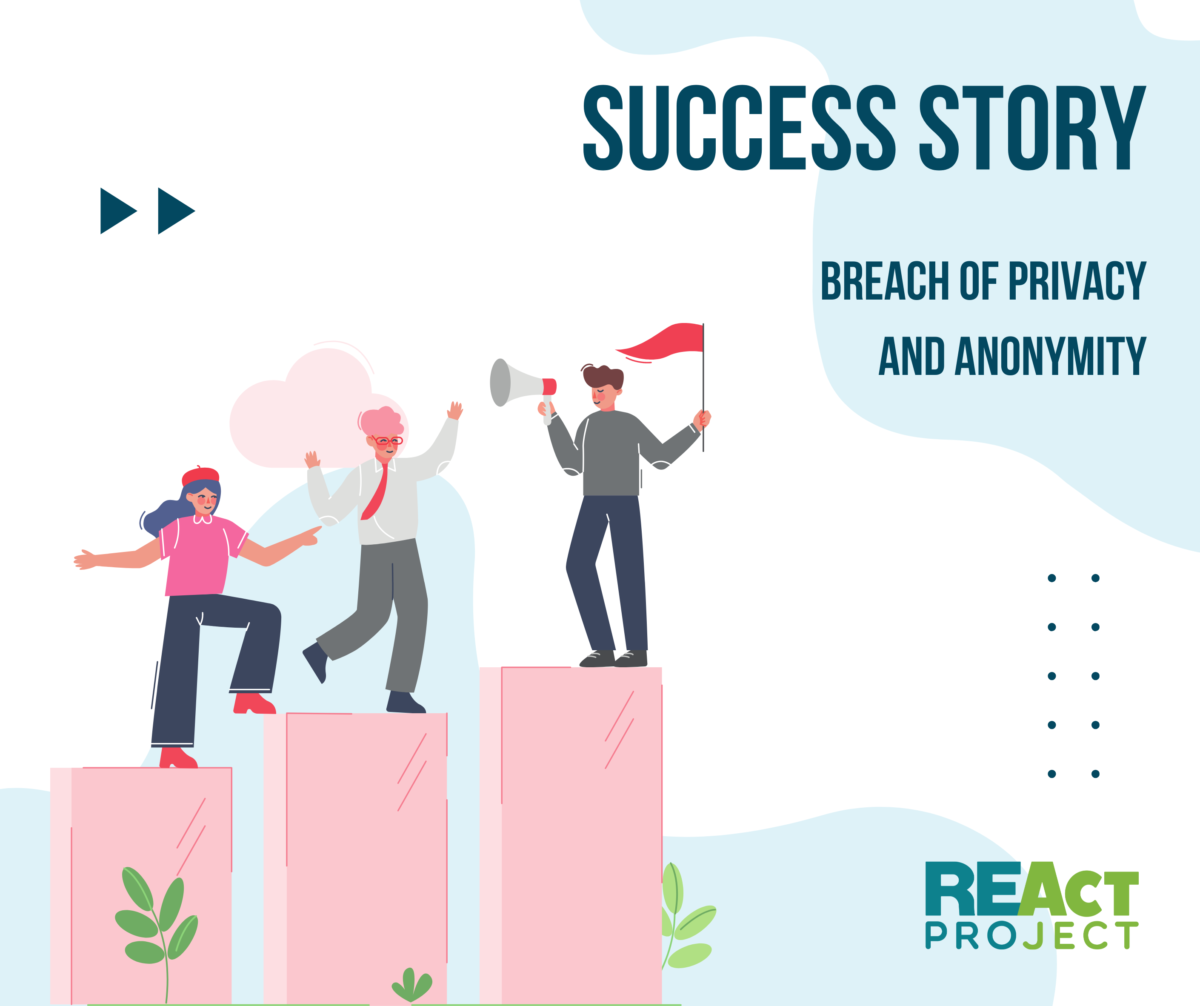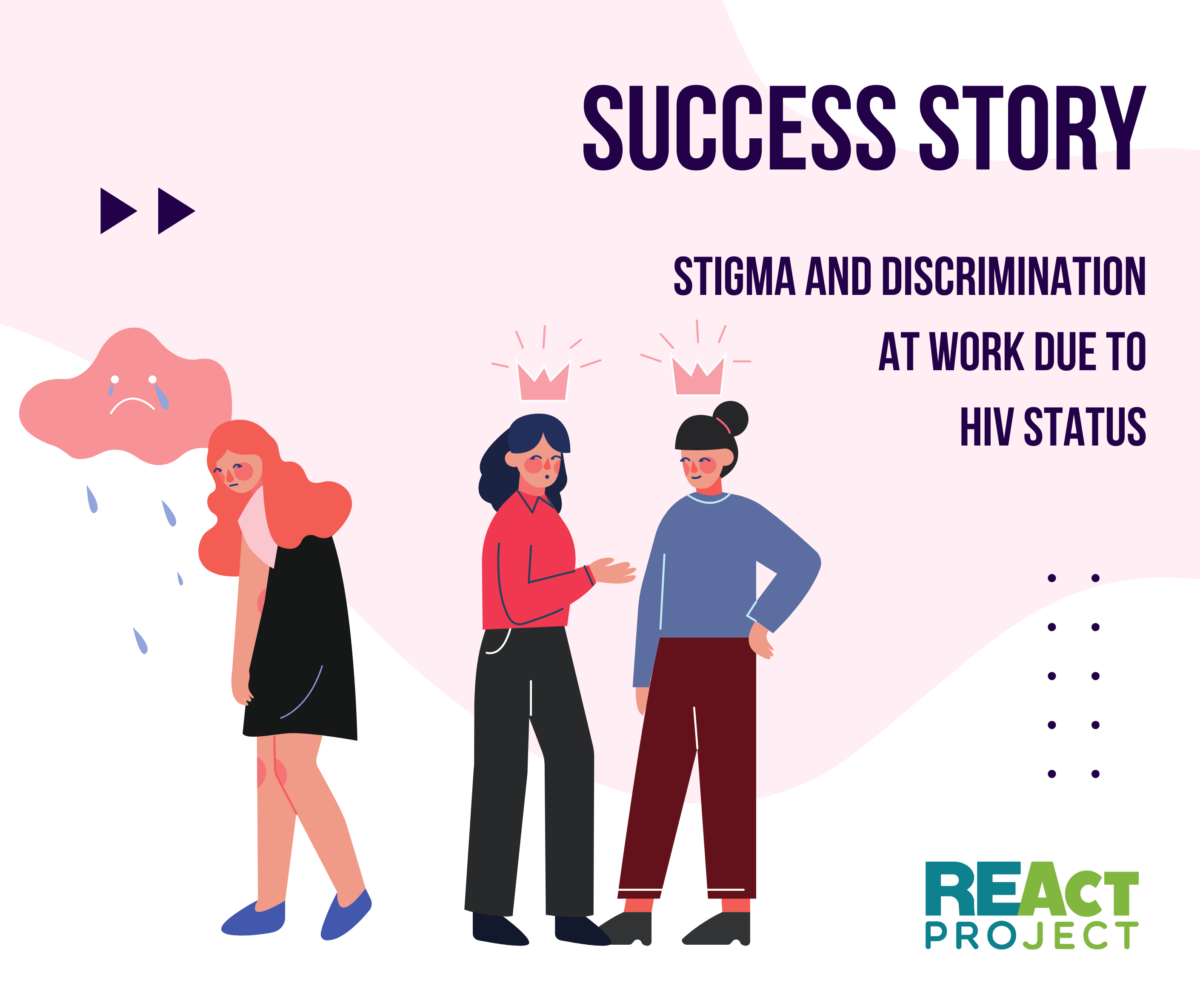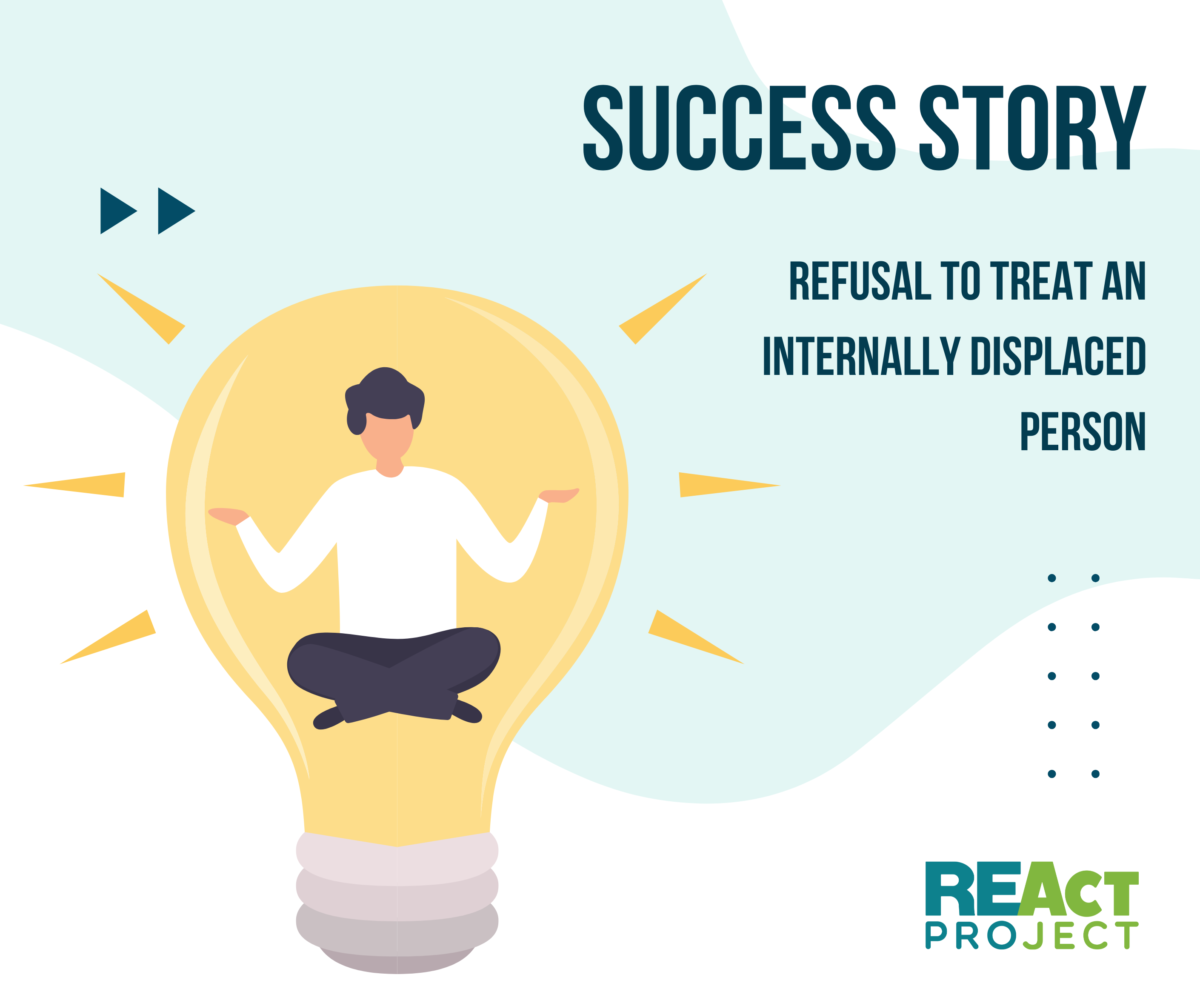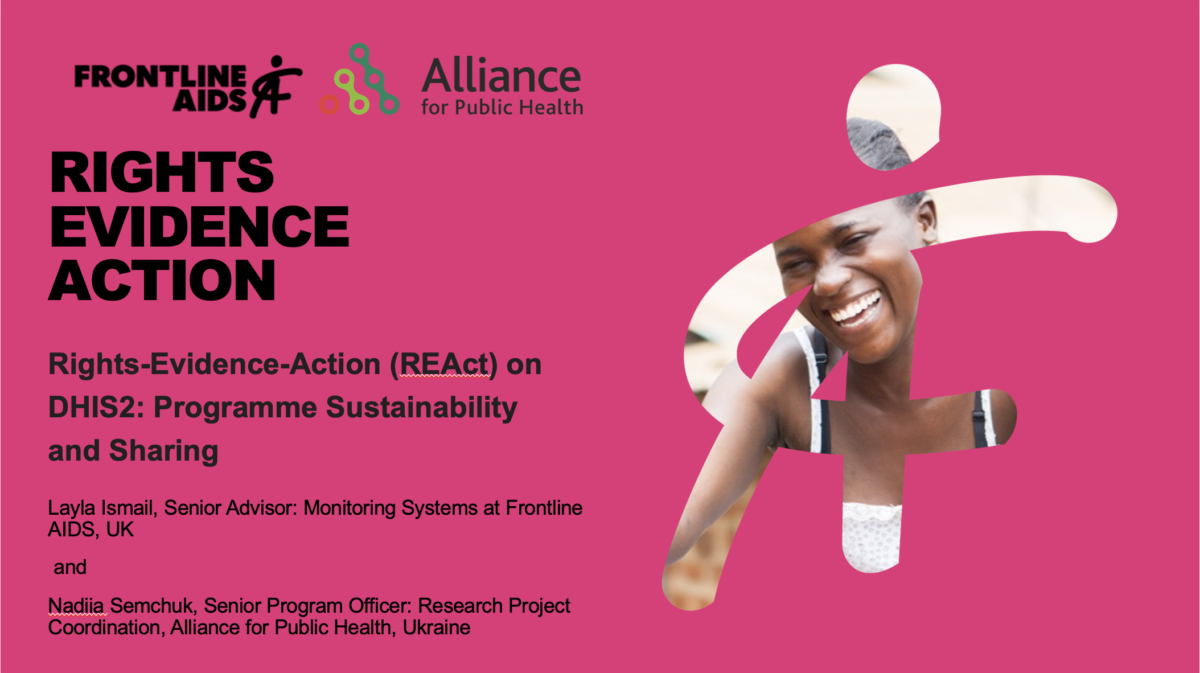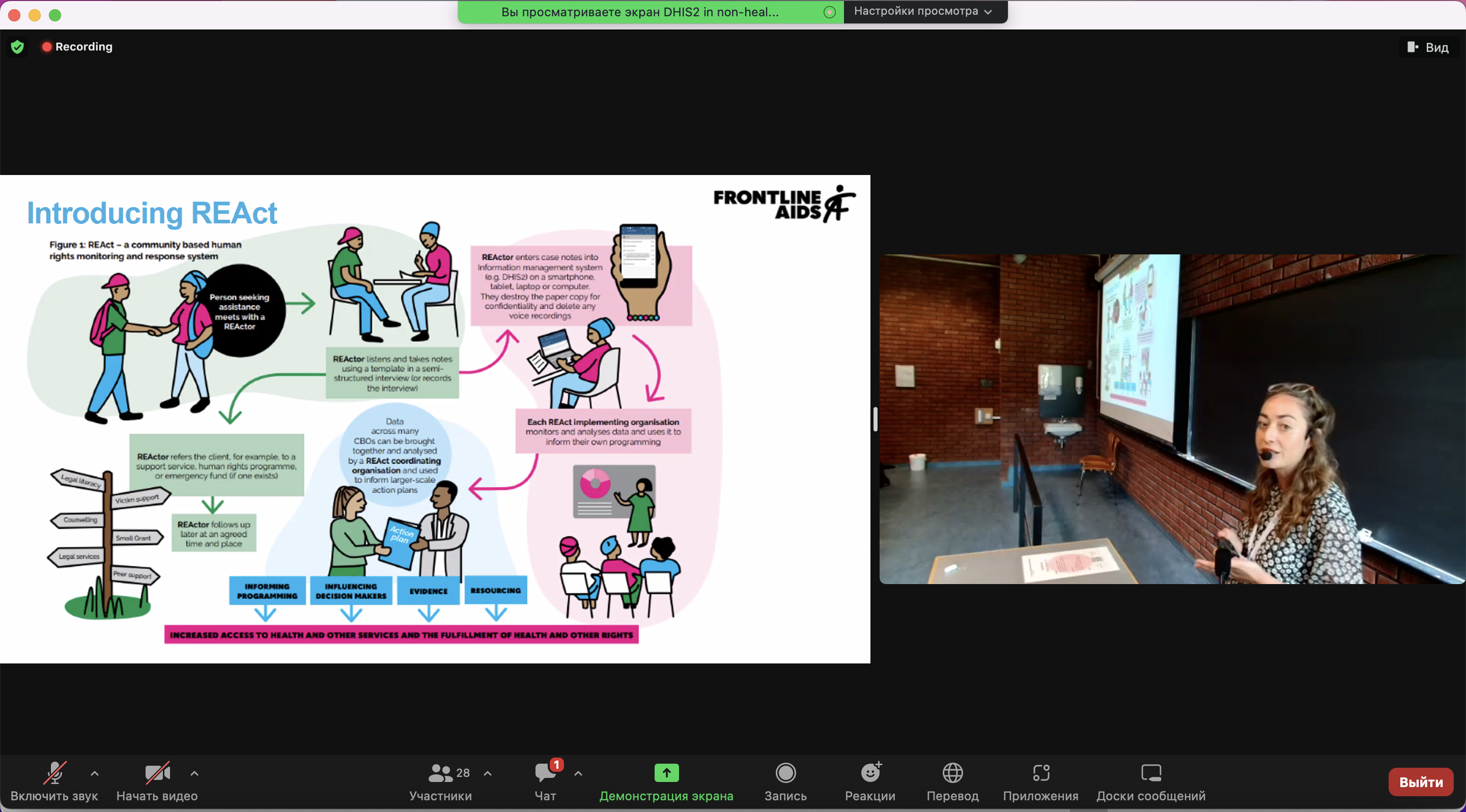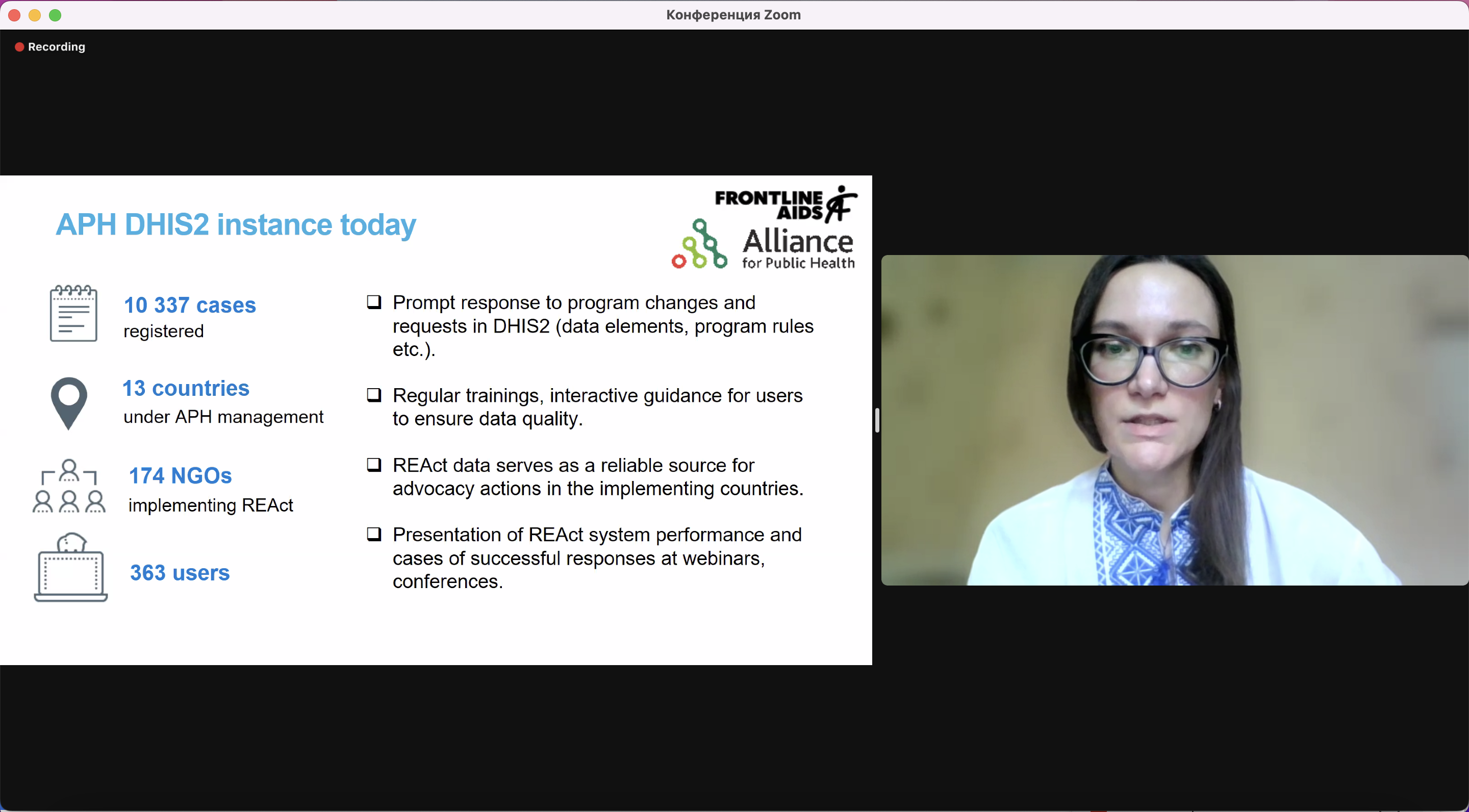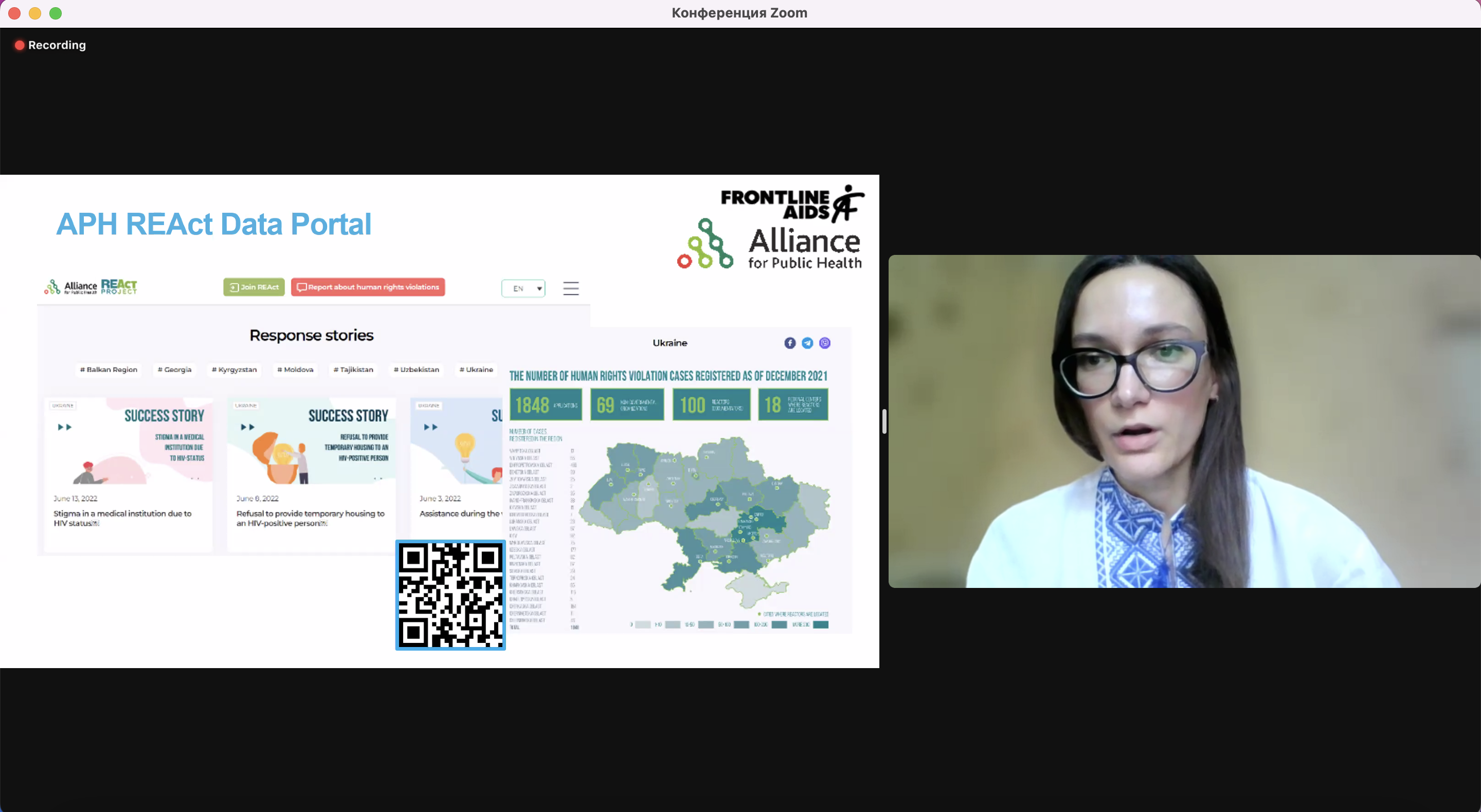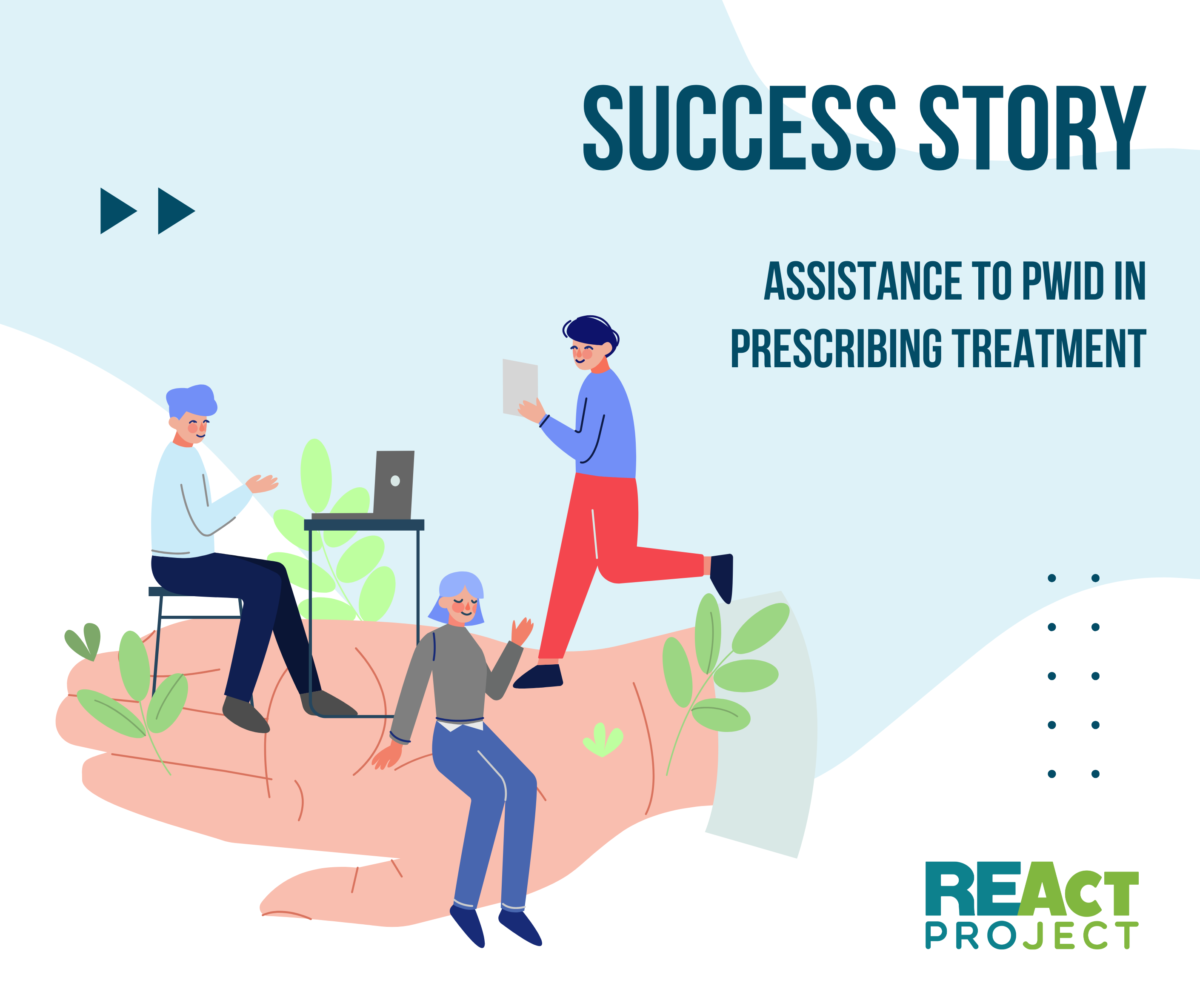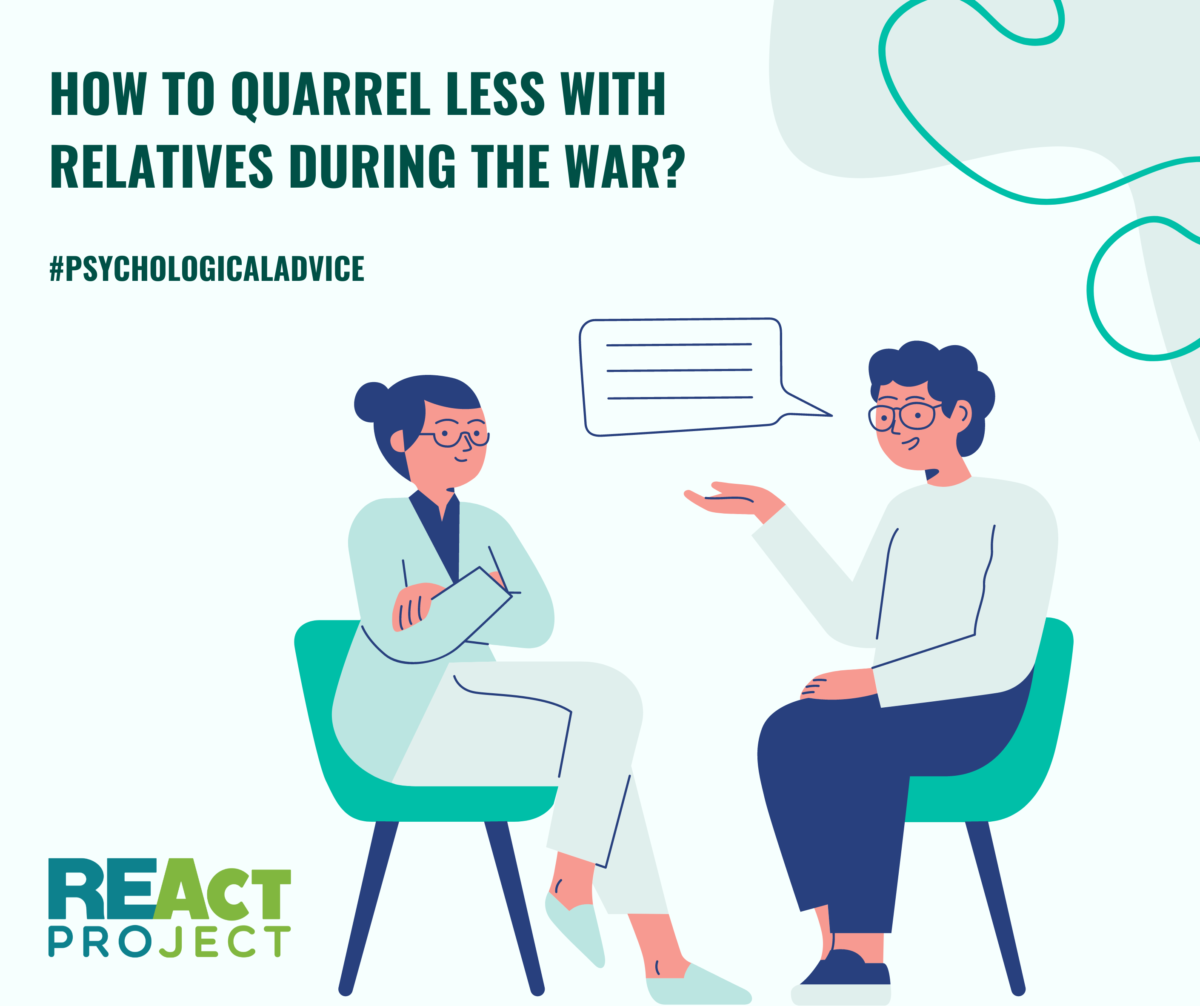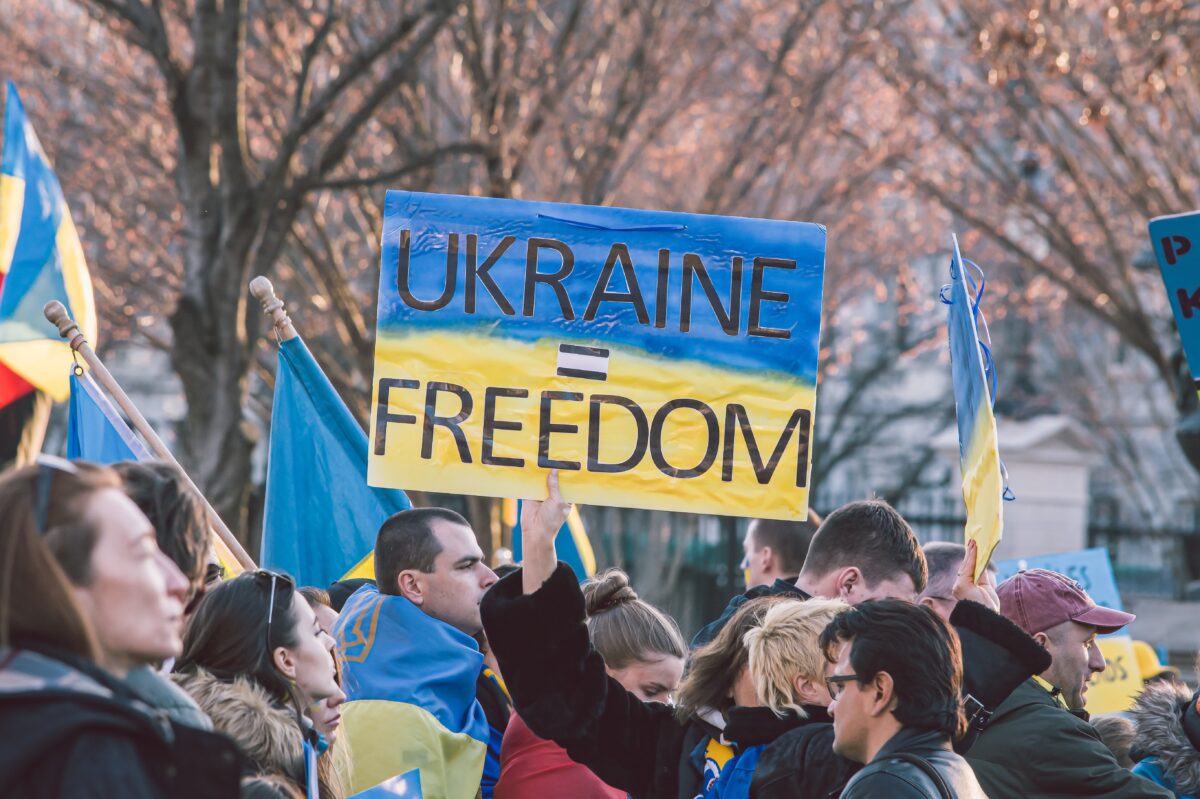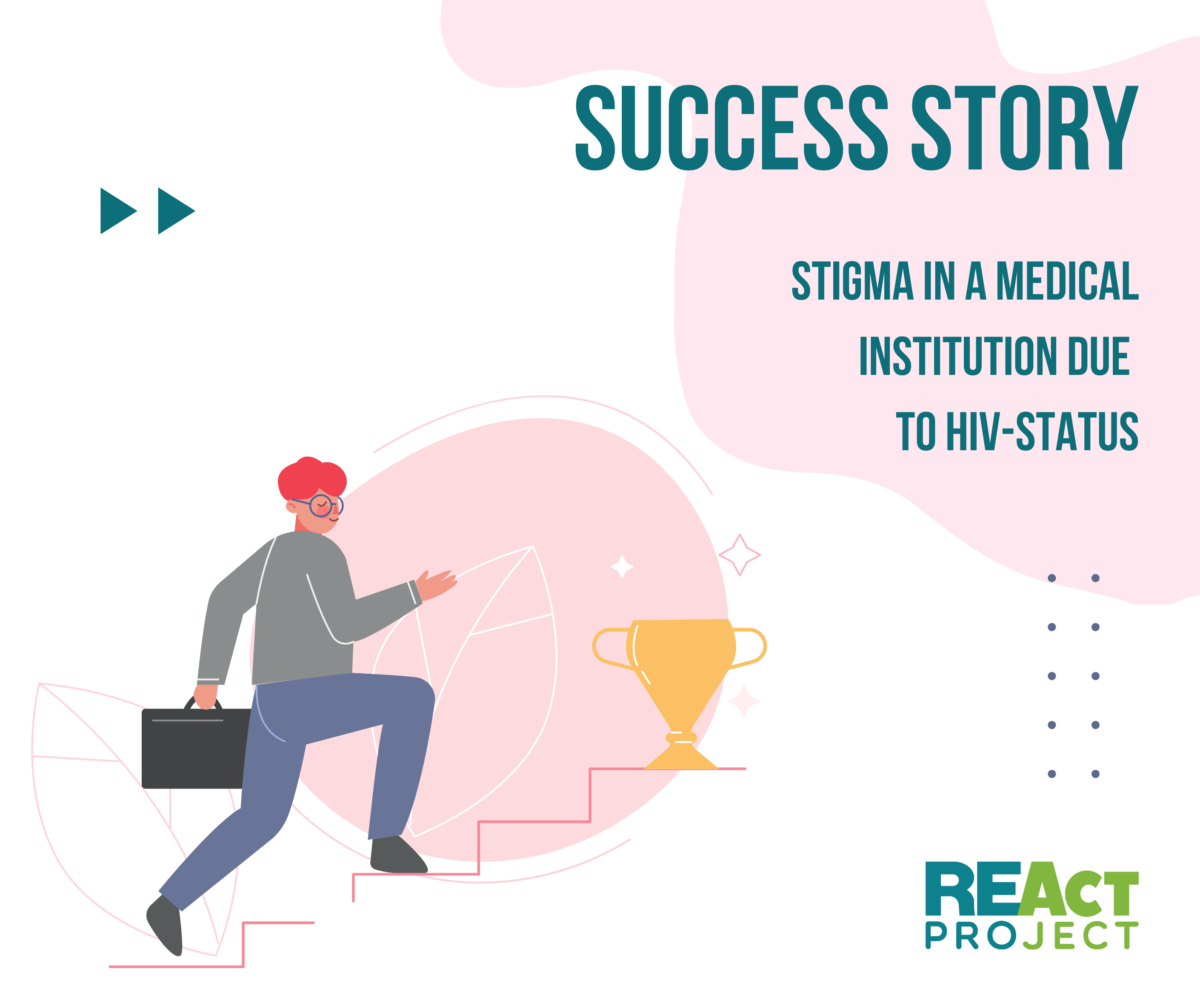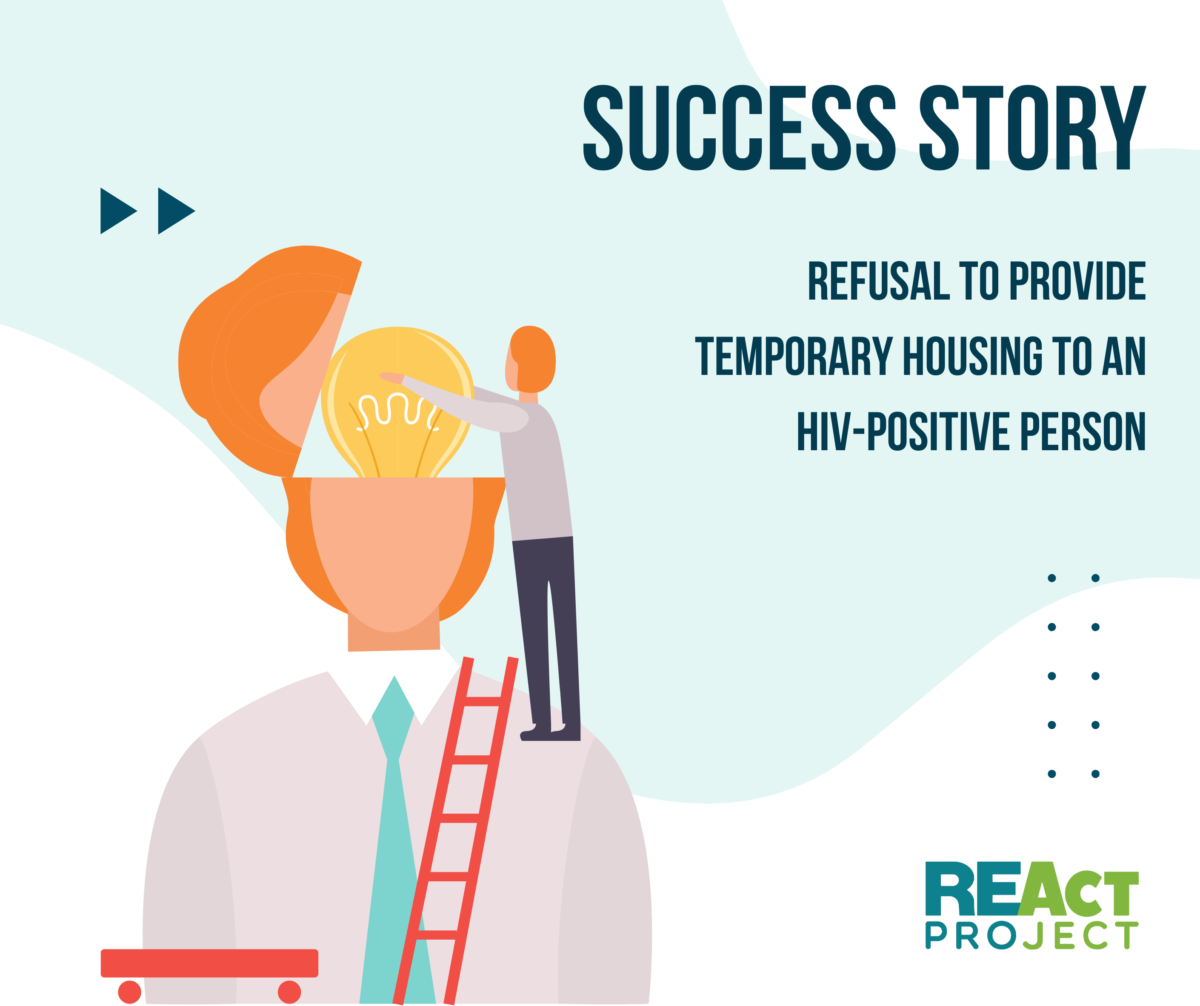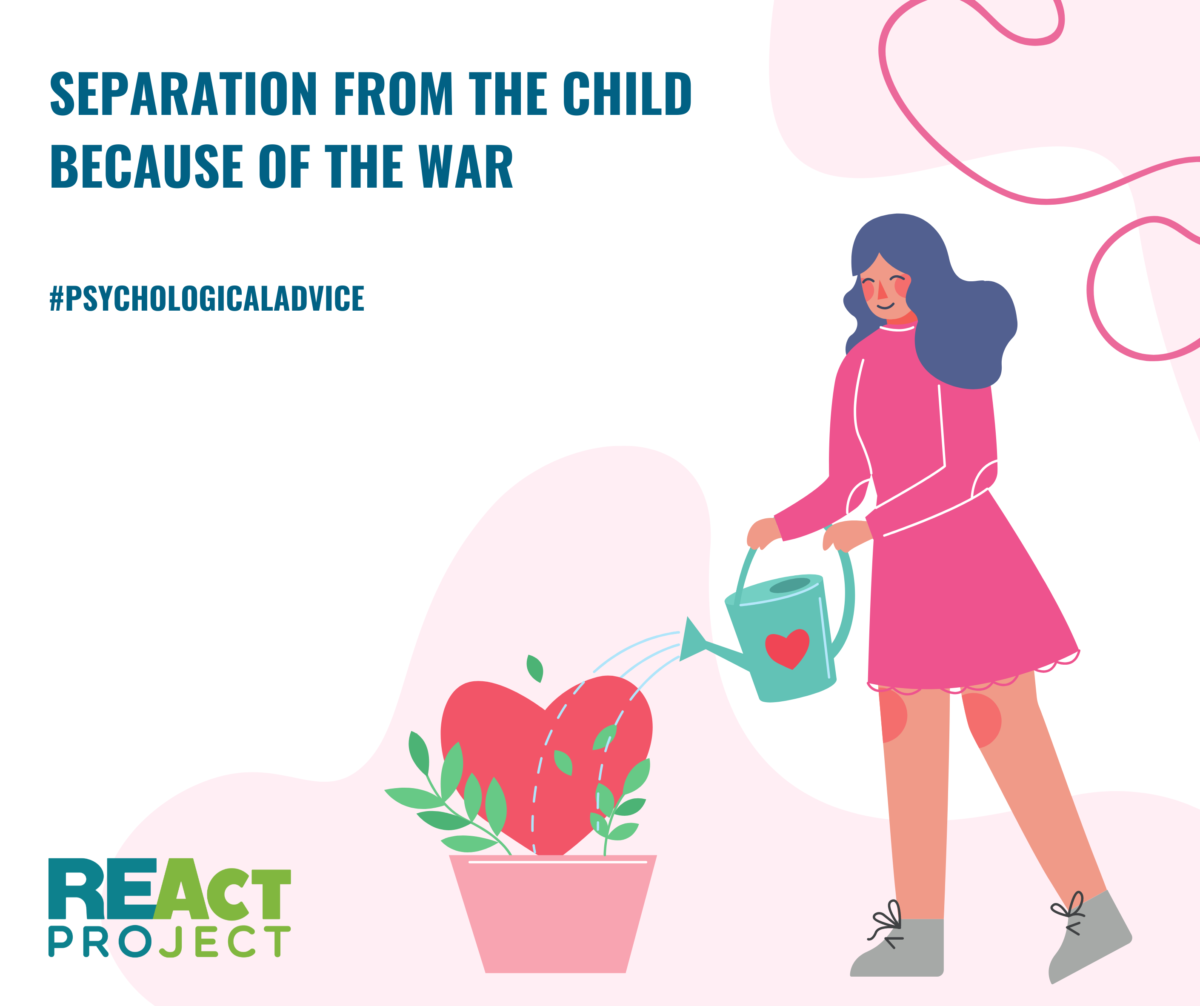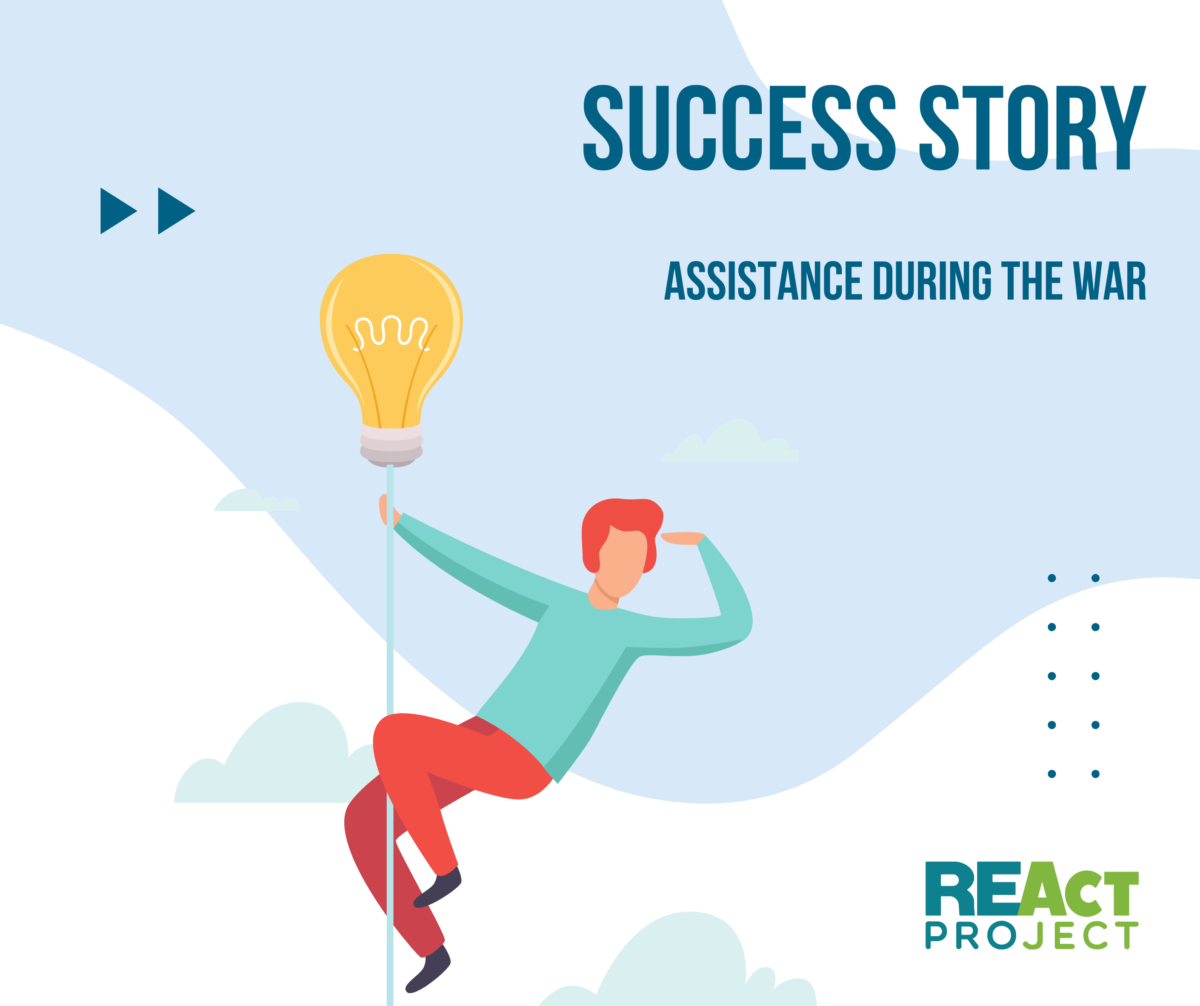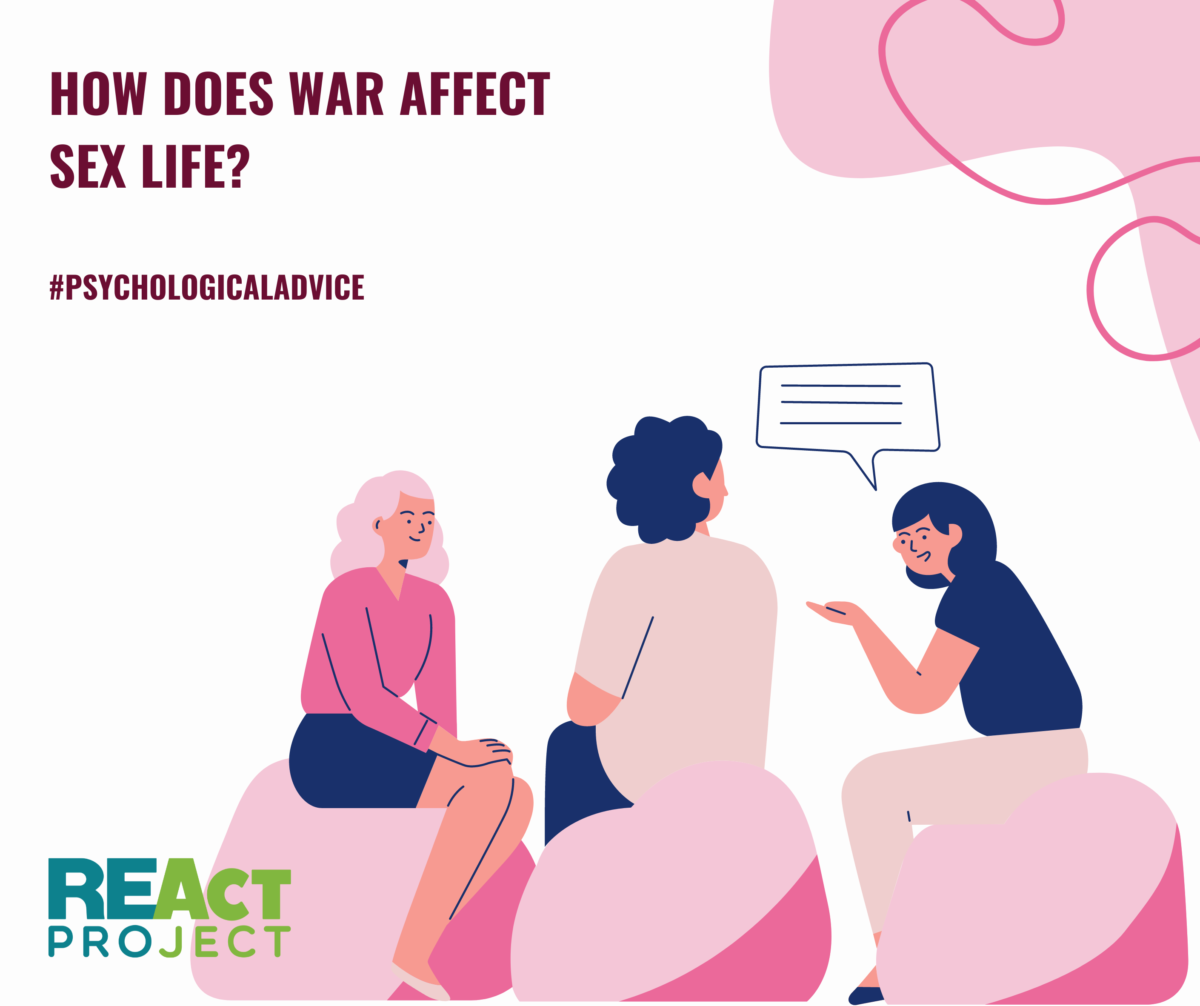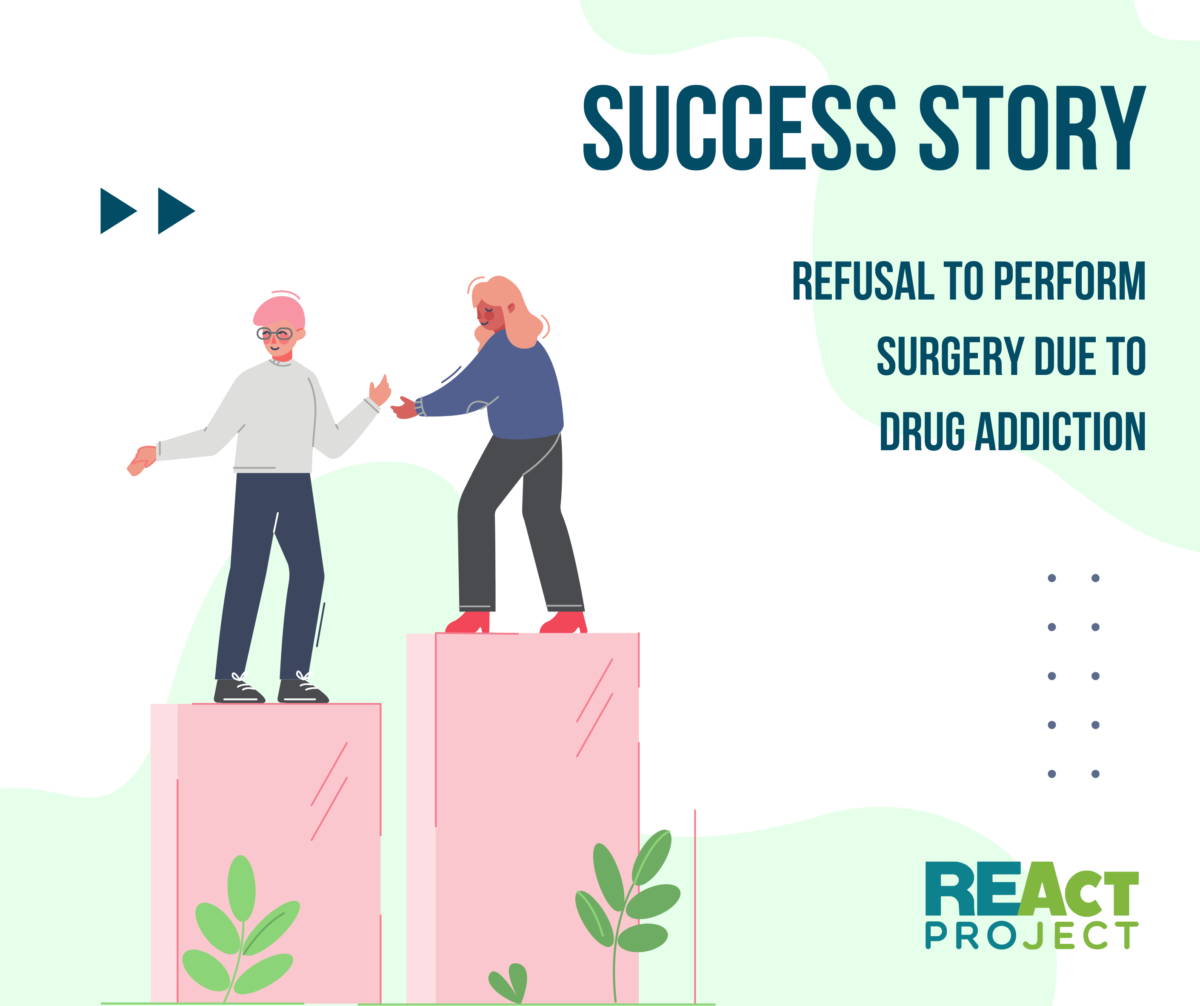A full-scale war has exacerbated the human rights situation in Ukraine. During the 100 days of the war, the REAct system registered about 700 violations of the rights of key groups, of which 85% were resolved in whole or in part. For the most part, clients continue to face barriers to receiving ARV therapy, OST, and access to other health services. The occupiers recorded cases of seizure of OST and ART drugs at checkpoints, cases of illegal searches and seizure of personal belongings, and infliction of physical harm.
Since the beginning of the war, the system has recorded cases among a new category of clients – refugees (52 cases) who are internally displaced persons (IDPs) or those who have been forced to go abroad. Interaction with clients and resolution of cases takes place mainly online and by phone, but in case of urgent need and due to the limitations of martial law, clients are also directly escorted to various institutions to help solve their problems. Referral routes and links with governmental and non-governmental organizations are rapidly changing (providing shelter, humanitarian assistance, and information on available assistance opportunities in other areas and abroad). The main strategy of the Project now is to use the available response capabilities to the maximum.
Among refugees, the group of OST program participants is particularly notable. Unfortunately, the aggressor does not recognize OST treatment and considers the participants of the therapy as criminals involved in drug trafficking. Also in the occupied territories, the occupiers do not provide the population with medicines and hinder humanitarian convoys. Therefore, a large number of people are moving to other regions. As the result, they all need help to resume treatment.
In addition to increased stigma and discrimination against OST clients, there are many reports of violations of MSM rights, primarily due to forced migration, which often leads to conflicts based on homophobia.
Since the beginning of the war, the needs of representatives of key groups in the context of interaction with various social structures have increased. As a result, the number of transgender people who have been discriminated against during the war has increased. Odeska oblast receives the most complaints about violations in state and medical structures (military registration and enlistment offices and dispensaries). Solving these problems at the primary level has become more difficult, as government agencies have some immunity from appealing their decisions.
On the other hand, the coordinators of Kyivska and Dnipropetrovska oblasts note positive changes in working with government agencies. Currently, public sector representatives promptly respond to customer and documentator complaints and provide assistance in resolving them. It can be stated that this crisis situation has contributed to positive changes in the work of medical institutions in these areas. There is less bureaucracy in dealing with issues. Doctors, with some exceptions, are more likely to take responsibility for resolving difficult situations, more to consult with clients about certain problems.
Over the last two months, the range of social issues addressed by Kryvyi Rih documentators has significantly expanded. Special attention is paid to IDPs. Such work is carried out in close cooperation with local and district aid headquarters, labor and social protection departments.
In the Zaporizka oblast there are regions that are under the occupation of russian troops. The situation there is quite complicated and interaction with representatives of government agencies is impossible. It is almost impossible to register new cases, as they are quite difficult to isolate due to the constant problems that arise in connection with the occupation. Currently, most complaints come from clients who have tuberculosis and need the necessary treatment.
The humanitarian situation in Kherson is difficult. Due to the occupation, there is no medicine in the region and no state control and law enforcement agencies, which has led to a rapid increase in crime. Many people are forced to live in unsuitable living spaces. Constant communication outages, the inability to recover lost documents and the presence of a large number of russian military personnel in the city led to people being afraid to move on the streets during the first months of the occupation, rather than seeking help from any organization.
Despite this, there were constant reports of violations of the rights of individuals to receive medical care, particularly among patients with tuberculosis. In order to respond to violations and support clients, meetings are held with volunteers, who, in turn, disseminate information in their chats about where to go for help. To date, the first and foremost is maximum safety. It is becoming more and more difficult to work every day. If earlier people used to talk about human rights violations, today they ask for help with hygiene products and food.
In the Kharkivska oblast, most of the documentators went to other regions of Ukraine due to the impossibility of permanent stay in the combat zone. Unfortunately, in the first months of the war, all contact with customers and partners was lost. For the most part, all documentators are currently volunteering and seeking various resources to support local communities.
Since the beginning of the war, the Lvivska oblast has faced the need to organize the reception of IDPs from all over Ukraine. This, in turn, significantly increased the number of people from key groups who needed help and support. The people who came were very different. In a state of stress, they reacted sharply to any unforeseen situations, and therefore needed proper attention and prompt response to their requests. Nevertheless, there are noticeable changes in the attitude of government officials of various orientations to people, especially at the beginning of the war. Despite the fact that there is enough work and enough regrettable cases, there is more understanding in solving issues.
As before the war, at the heart of the work of REAct are human rights. Most attention is currently being paid to ensuring that the work of the Project yields a quick and concrete result, because, as the war has shown, time is the most valuable resource. Therefore, we believe in our strength and go together to Victory!


